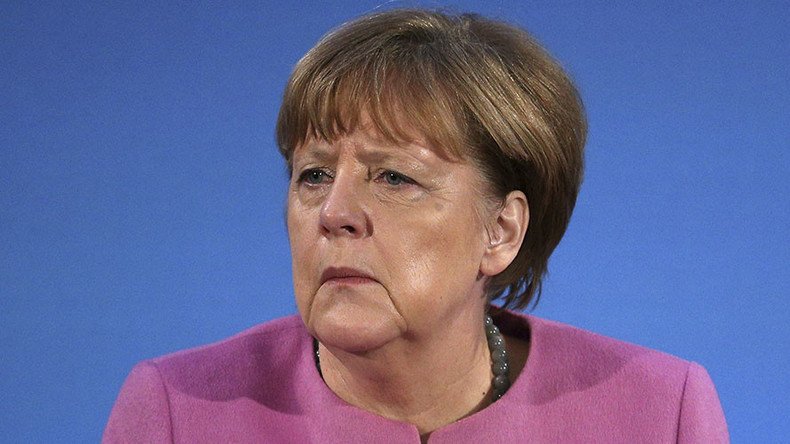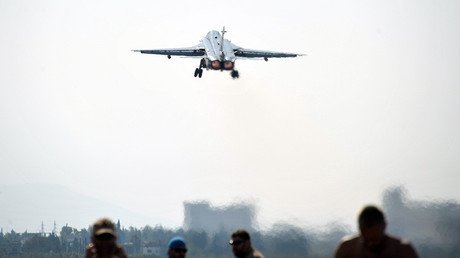Refugees, radicals & regime change: ‘Merkel supports no-fly zone in Syria due to Turkish interests'

Some officials in the German military are opposed to Chancellor Merkel’s Syrian plans, as Berlin feels compelled to follow Ankara’s lead due to many factors, including the refugee crisis, international affairs journalist Michael Opperskalski told RT.
German Chancellor Angela Merkel said in an interview with Stuttgarter Zeitung newspaper published on Monday that she is in favor of a no-fly zone over Syria.
RT: Why do you think Merkel has voiced support for a no-fly zone in Syria?
Michael Opperskalski: First of all, it is not only Angela Merkel; she is supported by the Foreign Minister [Frank-Walter] Steinmeier, the West German Foreign Intelligence Service (BND) and other high-ranking government forces. So why do they do this? Because of two, three reasons. Number one is they are to a large extent pressured by the Turkish regime to follow the Turkish regime’s interest due to the refugee crisis. Number two, the open agenda for Germany is regime change by all means in Syria. And since the Syrian government - supported by Russia, Iran, Hezbollah - is making big advances and seriously fighting terrorists, they are getting very nervous. So they are not interested in peace, but they want to stop this kind of advance by the forces on the ground.
It is a very big and very dirty game, I would like to say. On the other hand, it is splitting the military hierarchy in the establishment in Germany, as well as some political forces. For example, some former high officers of the German army, as well as serving officers, they are very much against this.
RT: Why are they against it?
MO: Those who argue against it are saying, number one: it is not going to be useful for the fight against the ISIS - on the contrary. And even some go so far, like the former general, saying the Russian intervention and the Russian anti-terrorist activities is the real force opening a peace perspective for Syria. Others, like [Hans-Lothar] Domrose, German NATO General, are very much in favor of a no-fly zone as a part of an anti-Russian campaign.
When we analyze the situation very seriously and from the bottom, the government and the institutions are getting more and more divided on the cause of the direction of the activities, especially when it comes to the possible confrontation on political and other levels with Russia, and of course on the perspective of regime change in Syria. One thing gets more and more clear – that the Syrians supported by Russia, Iran and Hezbollah and others are getting stronger, more serious, and more and more terrorist activities are crashed.
So what will the German government do in the future if they continue this kind of dirty policy supporting the terrorists? With whom they want to talk in Damascus when there is a serious peace negotiation, when there is a serious development in the country, which is designed by the Syrians and not from abroad – from Washington, Berlin, London, and whatever. It is a big problem; it is a growing contradiction within the ruling circles in Germany.
The statements, views and opinions expressed in this column are solely those of the author and do not necessarily represent those of RT.













